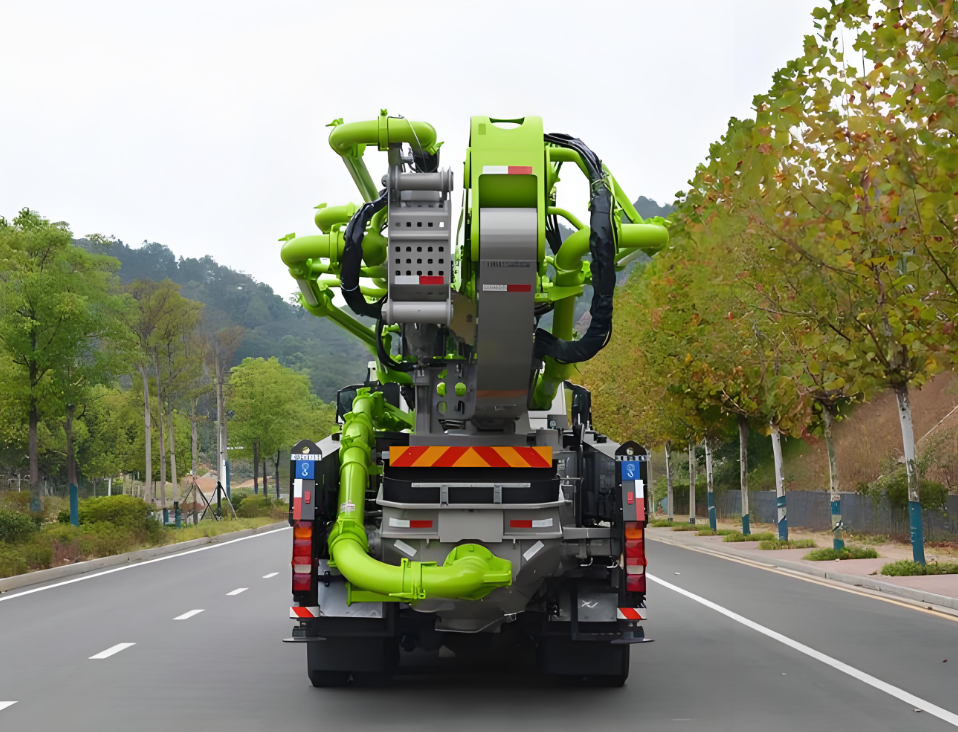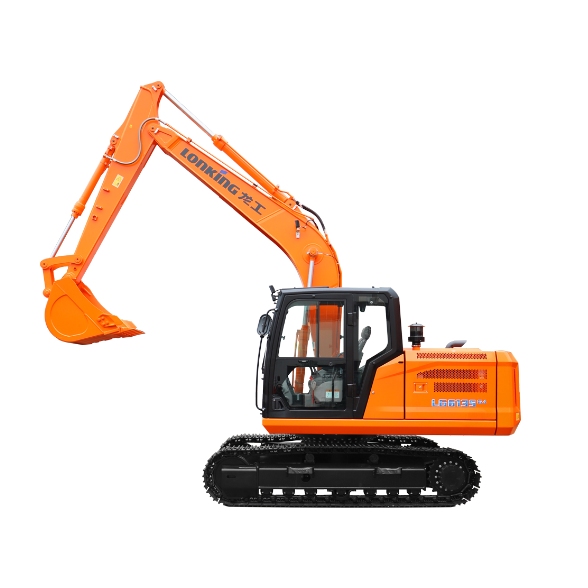crane wholesale
Crane wholesale represents a comprehensive solution for businesses seeking reliable and cost-effective material handling equipment. These industrial workhorses combine advanced engineering with practical functionality, offering a diverse range of lifting capacities and configurations to meet various operational needs. Modern wholesale cranes incorporate state-of-the-art safety features, including load moment indicators, anti-collision systems, and emergency stop mechanisms. The technology extends to smart control systems that enable precise movement and positioning, while digital monitoring capabilities provide real-time performance data and maintenance alerts. These cranes are designed for versatility, serving multiple industries including construction, manufacturing, shipping, and warehouse operations. They feature modular designs that allow for customization based on specific application requirements, whether it's indoor overhead cranes for factory operations or outdoor mobile cranes for construction sites. The wholesale market offers various types including gantry cranes, bridge cranes, jib cranes, and tower cranes, each engineered to provide optimal performance in their intended environments. Advanced materials and construction techniques ensure durability and longevity, while energy-efficient motors and drive systems help reduce operational costs.



